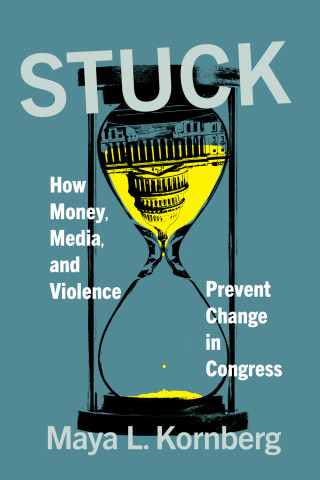
Reviews
Written in a highly conversational tone and drawing on case studies and interviews, Public Values Leadership deftly dispels the notion that public values are the province of government, that any particular sector is more adept at delivering values of any kind, and that public values leadership is the domain of individual heroes and heroines. Bozeman and Crow bring the subject to life and make it accessible to a broad audience.
I love this book. Crow and Bozeman offer a much-needed guide to leading well during tough and turbulent times. They give us a roadmap for utilizing pragmatic solutions in search of essential public value. Follow these suggestions and you will learn to lead a public value organization that brings people together, gets things done, and has transformative impact.
We need massive change in American higher education—new institutions, new models, more rigor, more pluralism, more public mindedness, less arrogance, more creativity, better measurement; in short, more value. Toward those ends, we need more of the thoughtful wrestling that Crow and Bozeman offer in this wonderful book. You likely won't agree with every single thing they suggest to advance our shared public values, but you'll be very well served by listening deeply to their design ideas. Read it.
In this profound book, Bozeman and Crow remind us that the government is not the only, and sometimes not the best, promoter of the public good. Their model of public values leadership offers hope for a way through our polarized politics to practical solutions that truly address the complex challenges we face across our nation and around the world.
Governance has changed. It's not Government versus Markets. It's government and markets AND a healthy dose of partnerships deeply enveloped with public values leadership and pragmatism. Bozeman and Crow turn upside down how we look at what organizations do and their societal impact.
Timely and informative. Bozeman and Crow confront us with questions and issues that we should all be examining at this critical moment in our democracy. Case studies provide us with illustrations of how to lead, not only with words but with actions.
Book Details
Preface
Introduction
Chapter 1. Public Values Theory: A Short, Practical History
Chapter 2. Three Premises of Public Values–Based Management
Chapter 3. Public Values Management Propositions I
Chapter 4
Preface
Introduction
Chapter 1. Public Values Theory: A Short, Practical History
Chapter 2. Three Premises of Public Values–Based Management
Chapter 3. Public Values Management Propositions I
Chapter 4. Public Values Management Propositions II
Chapter 5. Mutable Leadership
Chapter 6. Case Studies in Public Values Leadership
Chapter 7. Public Values Case: St. Mary's Food Bank and the Durability of the Public Values Leadership
Chapter 8. The Starbucks-ASU Alliance
Chapter 9. Public Values Management and Leadership: A Conversation
Afterword. COVID-19 and Public Values Leadership
Notes
References
Index







